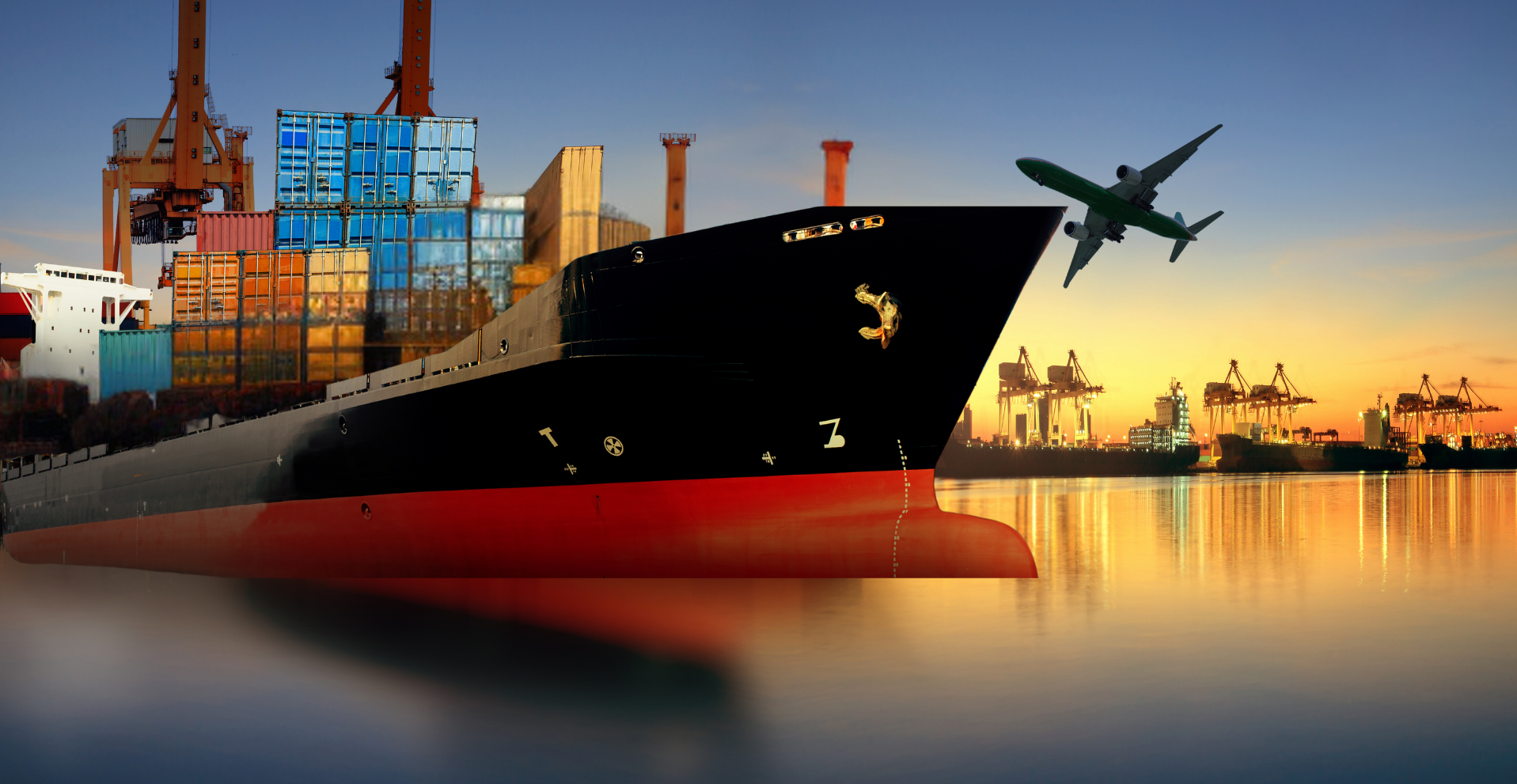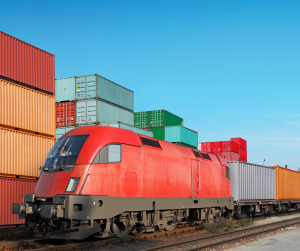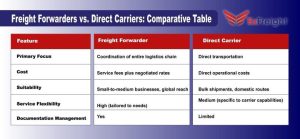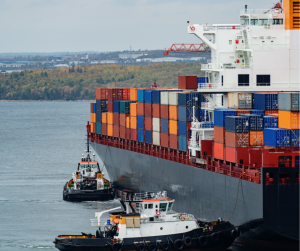In the rapidly evolving world of global logistics, agility and adaptability are crucial for success. Businesses must find practical solutions to manage demand fluctuations and supply chain disruptions. Less than Container Load (LCL) shipping emerges as a flexible and cost-efficient choice, bridging gaps in logistics management, international freight shipping services, and digital freight forwarding.
Introduction to LCL Shipping
LCL shipping refers to transporting goods where multiple shippers share container space. Instead of booking an entire container, businesses can pay only for the space their goods occupy, making it an attractive option for small-to-medium enterprises (SMEs) and industries dealing with fluctuating demand.
The Importance of LCL Shipping in Modern Supply Chains
The logistics network has become increasingly complex, shifting demand patterns due to market volatility, geopolitical tensions, and environmental factors. LCL shipping addresses these challenges by:
- Cost Efficiency: Paying for shared container space significantly lowers shipping costs, particularly for smaller loads.
- Flexibility: Businesses can ship smaller quantities as needed, reducing inventory and storage costs.
- Reduced Risk: With professional consolidation services, goods are handled efficiently, reducing the risk of damage during transit.
LCL Cargo Rates: Affordable Solutions for Businesses
One of the primary reasons businesses opt for LCL shipping is its affordability. LCL offers competitive LCL cargo rates compared to Full Container Load (FCL). By splitting
the cost of a container, businesses can maintain their logistics budgets while accessing international markets.
Factors Influencing LCL Rates:
- Cargo Volume and Weight: LCL rates are calculated based on cubic meters (CBM) or weight, ensuring businesses only pay for what they ship.
- Distance and Routes: Rates vary depending on shipping lanes, with LCL ocean rates being particularly competitive on high-traffic routes.
- Additional Services: Value-added options like door-to-door delivery or customs clearance can affect rates but enhance convenience.
LCL Shipping vs. FCL Shipping: When to Choose LCL
Choosing between LCL and FCL depends on various factors, including shipment size, urgency, and budget constraints.
Navigating Supply Chain Disruptions with LCL Shipping
Supply chain disruptions have become more common, driven by events like the COVID-19 pandemic, geopolitical conflicts, and environmental crises.
LCL shipping helps mitigate these challenges by:
- Improving Inventory Management: LCL allows businesses to move goods incrementally, preventing overstocking and enabling just-in-time delivery.
- Offering Diverse Shipping Options: Utilizing LCL ocean freight, businesses can access reliable international shipping while adapting to capacity constraints.
- Enhancing Resilience: By leveraging digital freight forwarding platforms, companies can gain real-time visibility into their shipments, improving decision-making during disruptions.
The Role of Digital Freight Forwarding
Digital platforms have revolutionized freight transportation, providing streamlined tools for managing LCL shipments.
Platforms like ExFreight offer:
- Instant Quotes for LCL Rates: Businesses can compare LCL ocean shipping rates from multiple carriers, ensuring they choose the most economical option.
- Real-Time Tracking: Advanced GPS integration allows businesses to monitor their shipments and respond proactively to delays.
- Automated Documentation: Simplified customs processes and digital documentation reduce errors and expedite shipments.
These tools optimize logistics management and ensure businesses remain competitive in the dynamic supply chain industry.
Case Studies: LCL Shipping in Action
- E-Commerce Surge
A mid-sized retailer experienced fluctuating demand due to seasonal trends. By utilizing LCL shipping, they optimized inventory levels, saving 30% on logistics costs during low-demand periods.
- Manufacturing Adaptability
A manufacturer faced supply chain disruptions in sourcing components. By partnering with a logistics provider offering LCL services, they maintained production schedules by receiving smaller, more frequent shipments.
LCL Ocean Freight: Key Considerations
When selecting LCL ocean freight, businesses should keep in mind:
- Transit Times: LCL shipments may take longer due to consolidation processes.
- Packaging Requirements: Proper palletization and labeling ensure cargo safety and compliance.
- Customs and Duties: Understanding international trade regulations minimizes delays.
As the logistics landscape grows more intricate, LCL shipping emerges as a versatile and cost-effective solution. It addresses demand fluctuations and supply chain
disruptions and empowers businesses to expand globally without overextending resources. With competitive LCL ocean rates, advanced digital tools, and a focus on flexibility, LCL shipping represents the future of agile logistics management.
By embracing solutions that are less than container load, companies can confidently navigate the challenges of international freight shipping services, ensuring resilience and efficiency in their operations.








Leave A Comment
You must be logged in to post a comment.